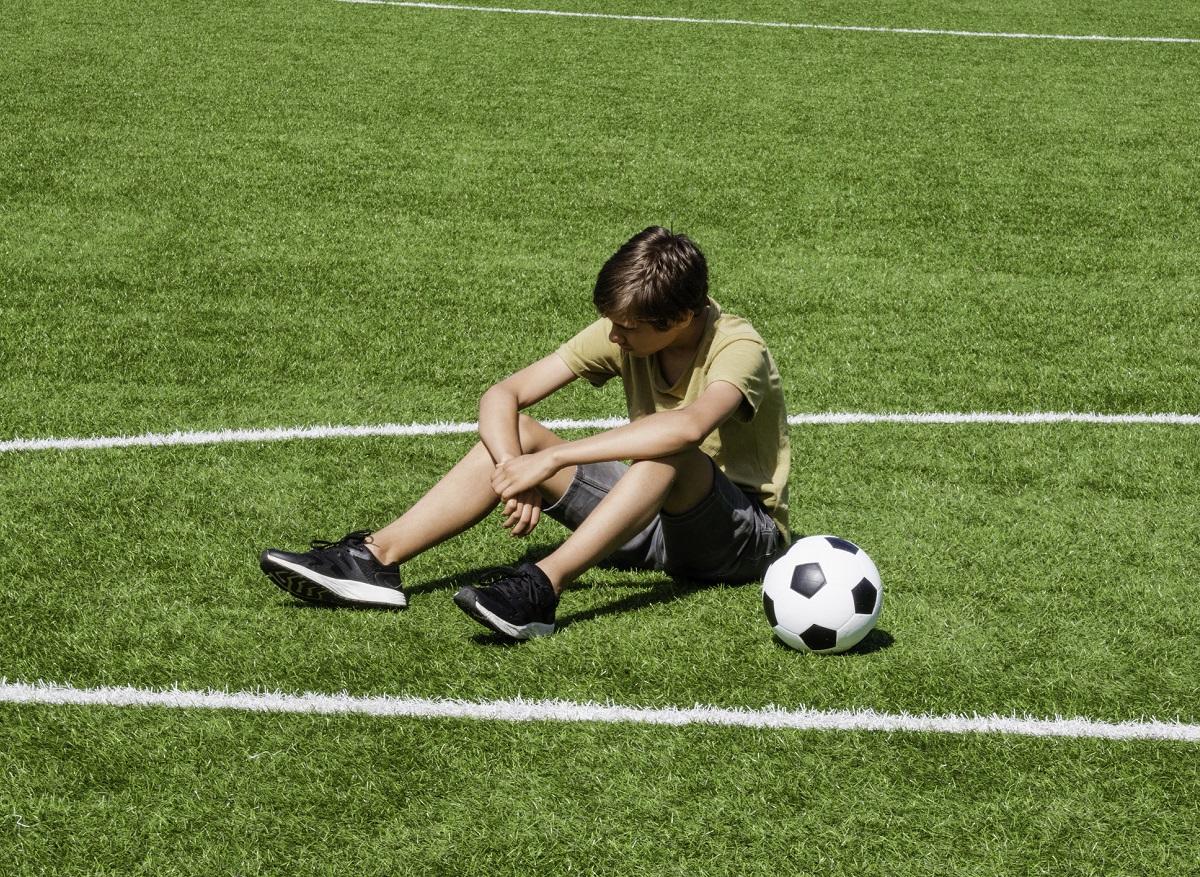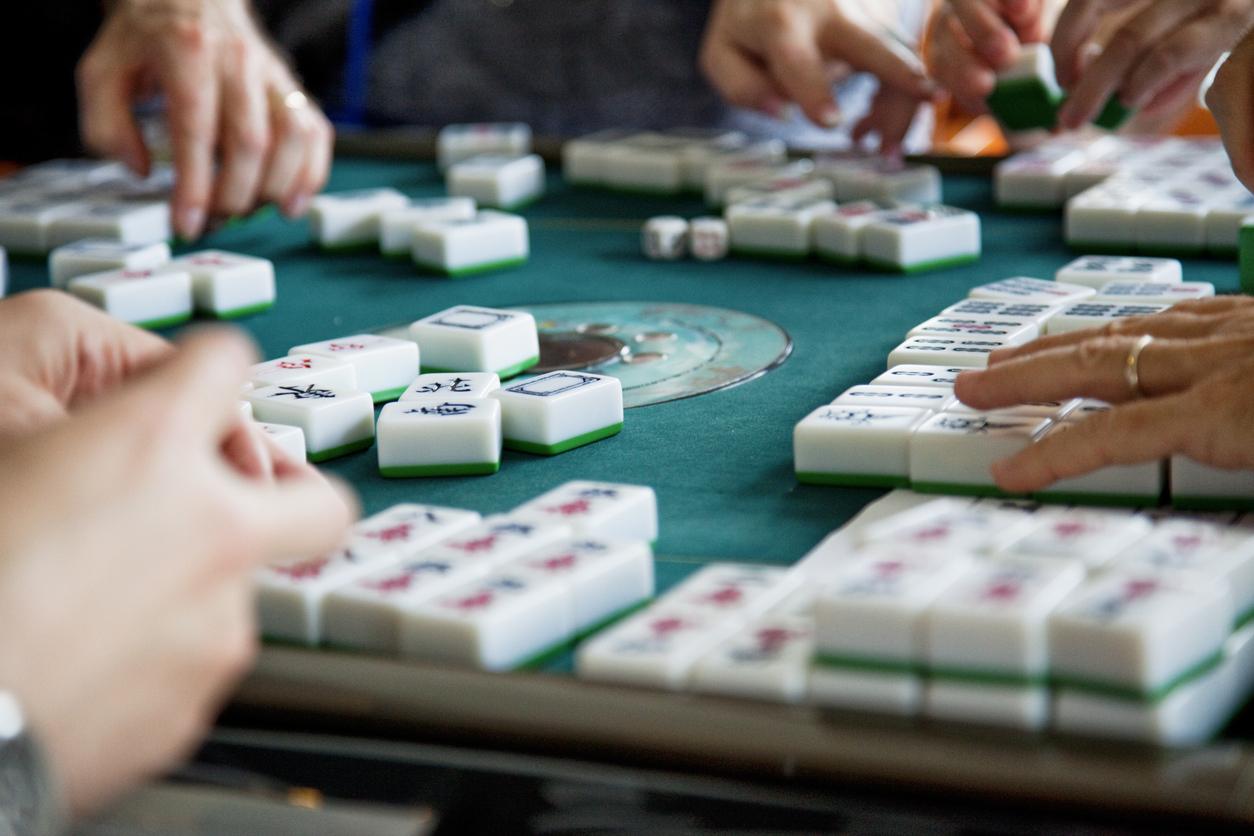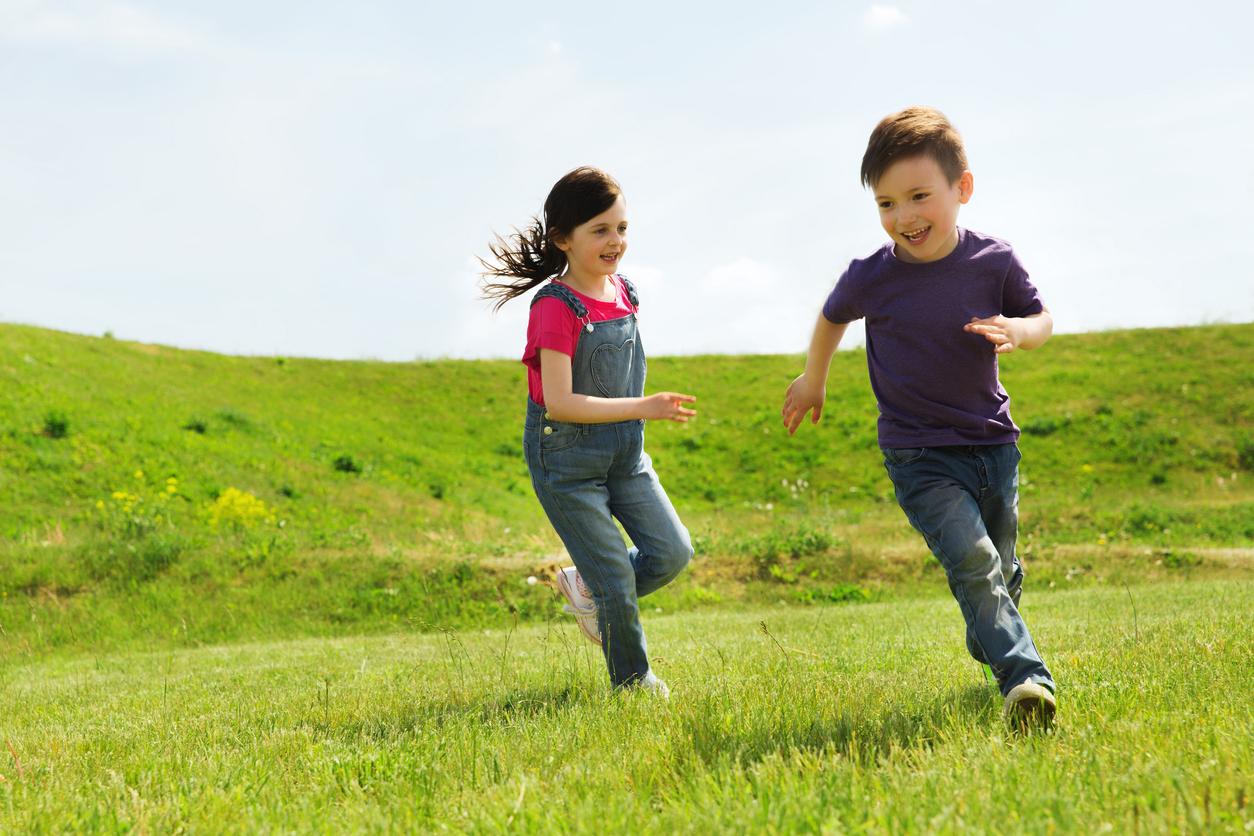Youth mental health is a growing concern, particularly in a time of societal and academic challenges. However, physical activity, often seen as a simple way to stay fit, could play a crucial role in preventing and reducing mental disorders in children and adolescents.

- Regular physical activity helps reduce symptoms of depression and anxiety in young people.
- Sports build self-esteem and develop essential social skills for children and adolescents.
- School-based physical activity programs can improve academic achievement and mental well-being, especially when they are inclusive and tailored to everyone.
From reducing symptoms of depression to improving self-esteem to strengthening social skills, this article explores the multiple benefits of physical exercise on young people’s mental health.
The link between physical activity, depression and anxiety in young people
Mental health conditions, such as depression and anxiety, are affecting a growing number of children and adolescents. Recent studies show that regular physical activity can reduce these symptoms. Exercise releases endorphins, the feel-good hormones, which help combat stress and feelings of sadness. By increasing levels of serotonin, another key hormone, physical activity can also improve mood and provide greater resilience to anxiety.
Young people who regularly engage in physical activity often show lower levels of stress and anxiety compared to their sedentary peers. Additionally, exercise provides a positive distraction that can distract teens from negative thoughts, while also providing them with a sense of accomplishment. This can be especially beneficial for those who struggle with feelings of worthlessness or hopelessness.
Self-esteem and social skills: the influence of exercise
Physical activity is not just about improving physical health; it also plays a crucial role in developing young people’s self-esteem and social skills. Participating in team sports, for example, allows children and adolescents to feel valued and accepted within a group, thereby building their self-confidence.
Physical exercise also promotes the development of essential social skills, such as cooperation, communication and conflict management. These skills are often learned informally on the playground or during sports activities, but they are transferable to other areas of life, including school and everyday social interactions.
Higher self-esteem, combined with strengthened social skills, can significantly improve young people’s quality of life, helping them navigate the challenges of adolescence more easily. These positive effects are particularly important at a time in life when personal identity and social acceptance are often sources of stress.
School-based physical activity programs: more than just physical benefits
School-based physical activity programs are often viewed as simply a way to keep children physically healthy. However, their benefits extend far beyond obesity prevention. Studies show that these programs can have significant positive effects on students’ academic achievement and mental health.
Regular exercise promotes better concentration, improves memory, and increases energy levels, which can translate into better academic performance. Additionally, group physical activities can strengthen a sense of belonging at school, reduce dropout rates, and encourage a more positive school climate.
It is also important to consider the socio-economic and cultural factors that influence access to physical activity. Schools that offer inclusive programs that are tailored to the needs of all students, regardless of their socio-economic status, play a crucial role in promoting the mental health and well-being of their students.
Physical activity is a powerful tool for improving the mental health of children and adolescents. By reducing symptoms of depression and anxiety, boosting self-esteem, and developing social skills, exercise can help young people navigate the challenges of growing up more confidently. School-based physical activity programs, when well-designed and accessible to all, offer a valuable opportunity to promote students’ mental well-being and academic success. Investing in physical activity for young people is an investment in their future.

















